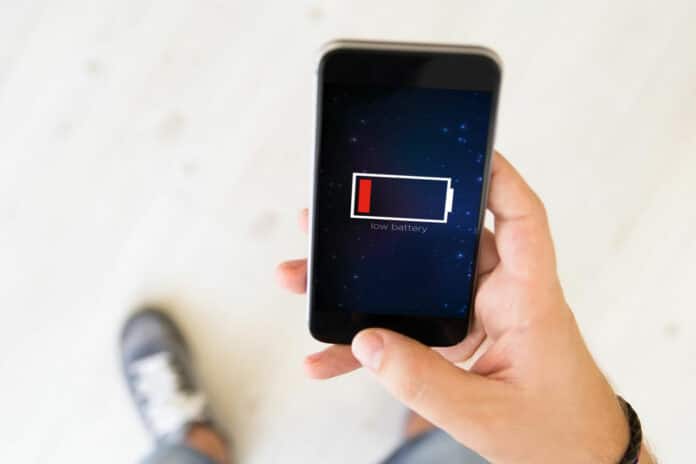Researchers at Dalhousie University have identified an alternative to the tape used in commercial lithium-ion batteries that almost entirely prevents the power sources from losing their charge when sitting idle. This breakthrough could have significant implications for laptops and other electronic devices that rely on these types of batteries.
Well-known lithium-ion battery manufacturers widely use polyethylene terephthalate (PET) tape to prevent electrode stacks from unwinding during assembly. PET tape is preferred due to its desirable mechanical and electrical properties. But, scientists at Canada’s Dalhousie University state that its chemical stability has been largely overlooked.
In a chemical screening experiment to probe the PET decomposition mechanism, researchers found that when exposed to dimethyl carbonate, one of the most common electrolyte solvents in lithium-ion cells, PET can depolymerize into its monomer dimethyl terephthalate. The monomer molecule can act as an unwanted redox shuttle, inducing significant self-discharge in a lithium-ion cell even if the device it’s powering is not being used.
The finding prompted researchers to look into other commercially available tape materials options. By screening other polymers, it is found that polypropylene and polyimide (Kapton) remain stable in the presence of dimethyl carbonate.
Further testing showed that using chemically stable polypropylene (PP) tape instead of PET can decrease self-discharge by up to 70% and increase battery life by up to 10%.
Researchers state that making a simple switch to polypropylene tape would transform the way batteries are built and could be easily implemented by battery manufacturers due to the simplicity of the alteration.
